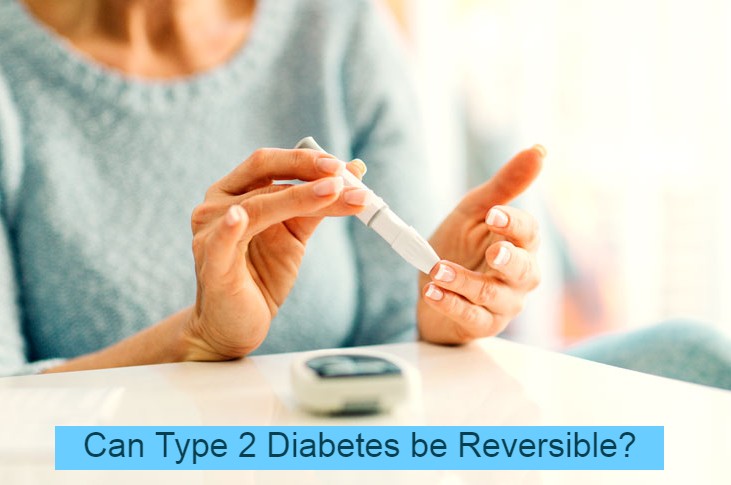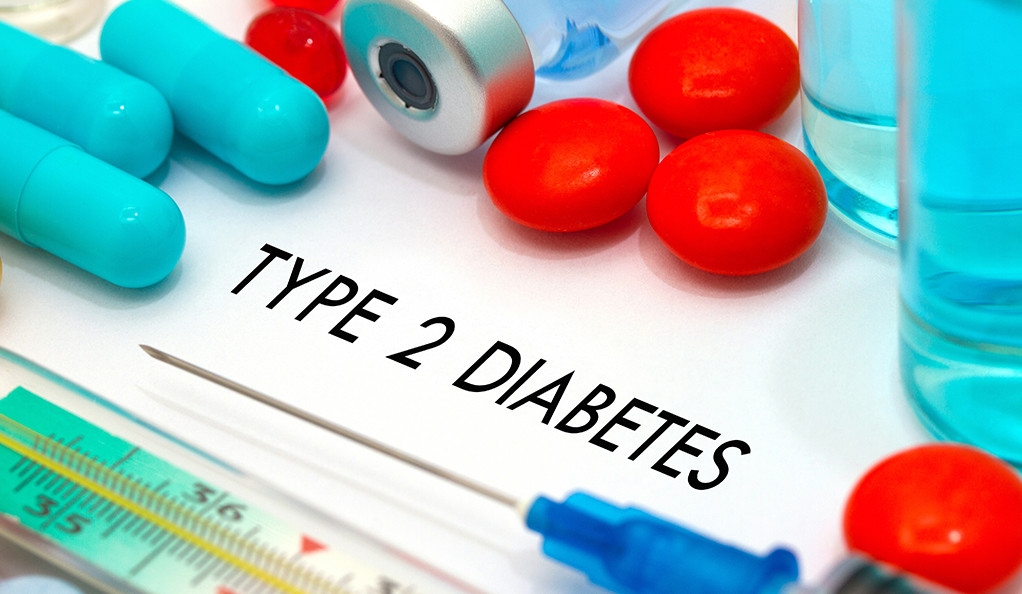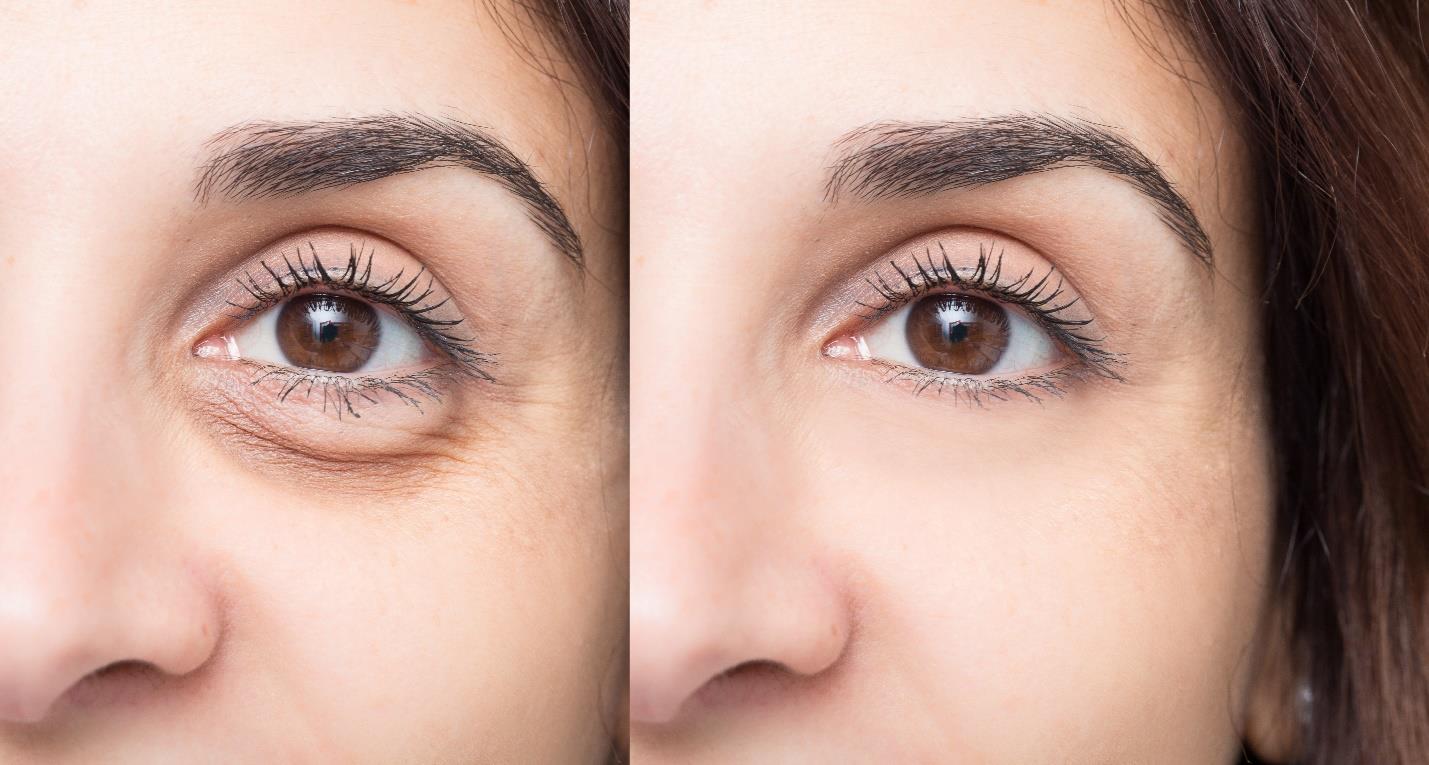Type 2 diabetes is a pressing chronic medical condition. In most cases, adults are prone to the condition, however, with rising obesity issues across all age groups, young children may also develop type 2 diabetes. Various risk factors such as overweight and obesity contribute to type 2 diabetes. It can be life-threatening if not treated on time.
More About Type 2 Diabetes
Your pancreas releases the insulin hormone whenever your blood sugar or blood glucose levels rise. The hormone causes excess sugar to move into your cells from your bloodstream so that it can be utilized as a source of energy. Once your blood glucose normalizes, the pancreas stops releasing the hormone.
Patients with type 2 diabetes cannot effectively metabolize sugar because their pancreas does not produce enough insulin. Eventually, the body of these patients becomes insulin resistant thereby causing massive glucose to build up in the bloodstream. The condition is called hyperglycemia.
Various symptoms of type 2 diabetes when untreated include fatigue, increased hunger, excessive thirst, frequent urination, weight loss, blurry vision, slow healing of infections, and dark discoloration of the skin in different body parts.
Can Symptoms of Type 2 Diabetes be Reversed?
Effective treatment for type 2 diabetes may involve regular monitoring of blood sugar levels, use of medications or insulin supplements, a balanced diet, and a consistent exercise regimen. Certain medications prescribed for diabetes may make you lose some weight.
You can significantly manage the symptoms of type 2 diabetes by following a healthy, well-balanced diet, losing excess weight, and pursuing regular exercise. Excess body fat primarily affects insulin production and processing. Therefore, effective weight loss can cause a reversal of the symptoms of type 2 diabetes.
Some studies suggest similar effects with bariatric surgery. Dietary changes and exercise are some less drastic ways to shed extra pounds and reverse diabetes symptoms. Here are some recommendations and lifestyle practices that may help reverse type 2 diabetes:
- Get moving – A regular exercise routine is extremely beneficial for overall health. It also helps in losing excess weight and assists in reversing the symptoms. Your doctor can help you plan an effective exercise regimen. Remember to start slowly if you are new to exercising. Take short walks. Gradually increase the intensity and duration. Try to walk quickly. Brisk walking is easy to do yet an effective exercise. Make it a habit of checking your blood sugar levels before and after workout sessions. You can munch on a snack in case your blood sugar levels drop during exercise.
- Switch to a nutrient-rich diet and healthy eating habits – A nutrient-dense diet can help you lose weight, effectively manage the symptoms of type 2 diabetes, and eventually reverse the progression of the condition. Your doctor or dietitian can advise a healthy, balanced diet plan. Ideally, your nutrient-rich diet must include low-carb, low-calorie foods, healthy fats, whole grains, abundant fresh or frozen vegetables and fruits, lean proteins, limited sugary products, and limited alcohol.
A ketogenic diet helps reduce weight and stabilize the levels of sugar in the blood. Such as diet restricts carbohydrates to a minimal amount. As a result, the body breaks fat for fuel in the absence of abundant carbohydrates. The reaction of the body to keto-diet results in reduced triglycerides, rapid weight loss, and controlled blood glucose. However, some people may experience bad breath, muscle cramps, changes in bowel habits, high cholesterol levels and reduced energy.
In some cases, keto-diets may increase hepatic insulin resistance thereby causing micronutrient deficiency. You can reverse type 2 diabetes with proper meal planning, regular exercise, and healthy eating habits.





